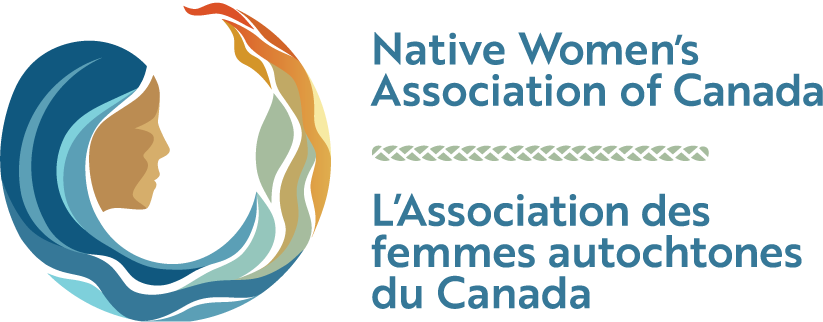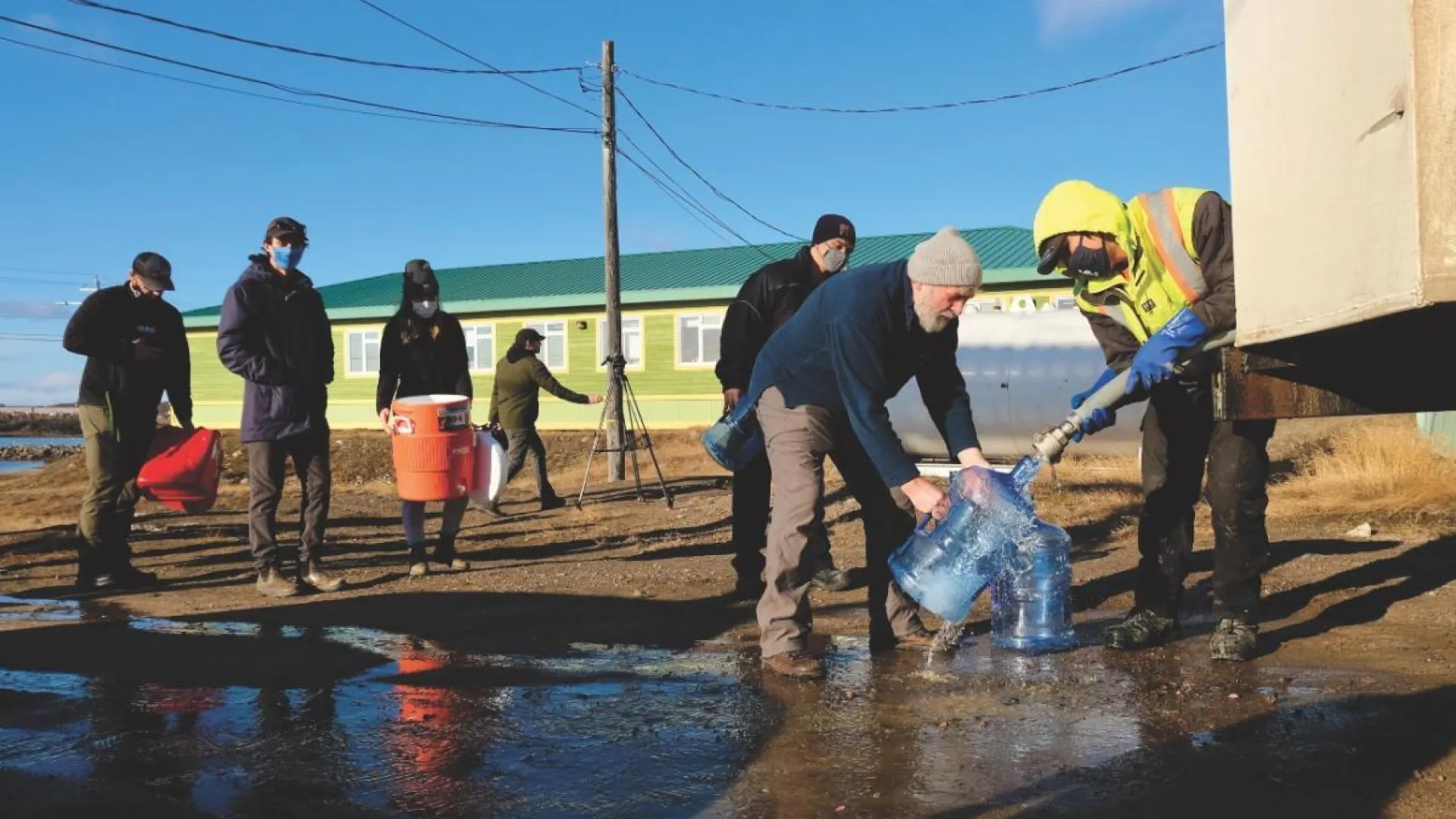Indigenous advocates have been at the forefront of efforts to address these issues, advocating for the protection and conservation of water sources and the recognition of Indigenous water rights. As Anishinaabe water protector Autumn Peltier has stated, “Water is medicine. Its not just a resource. It’s a right, and it’s a basic human right that everyone deserves to have.”.
Its not that Indigenous communities lack knowledge on issues and solutions regarding the environment. Indigenous communities understand the importance of preserving and conversing water for future generations. Traditional ecological knowledge has been passed on for generations that can help address water issues. As Haida elder and water advocate Guujaaw Notes, “We have to have a relationship with the land and water. Our people have lived here for thousands of years, and we have an understanding of how to live in balance with nature.”. It is essential that we listen to and learn from indigenous peoples and their traditional ecological knowledge to better understand how to protect and conserve water for future generations. The protection of water is not just a matter of environmental sustainability, but also a matter of human rights and cultural preservation.
Efforts to address Indigenous water issues require a holistic approach that recognizes the interconnectedness of water, land, and all living things. For many indigenous peoples, the destruction and contamination of water sources due to industrialization and development is a violation of their rights as well as a threat to their cultural identity. An Inuit leader Shelia Watt-Cloutier has stated, “Water is life, and its not just about the physical component of water. Its about the social, cultural, and spiritual aspects of water as well.”.




